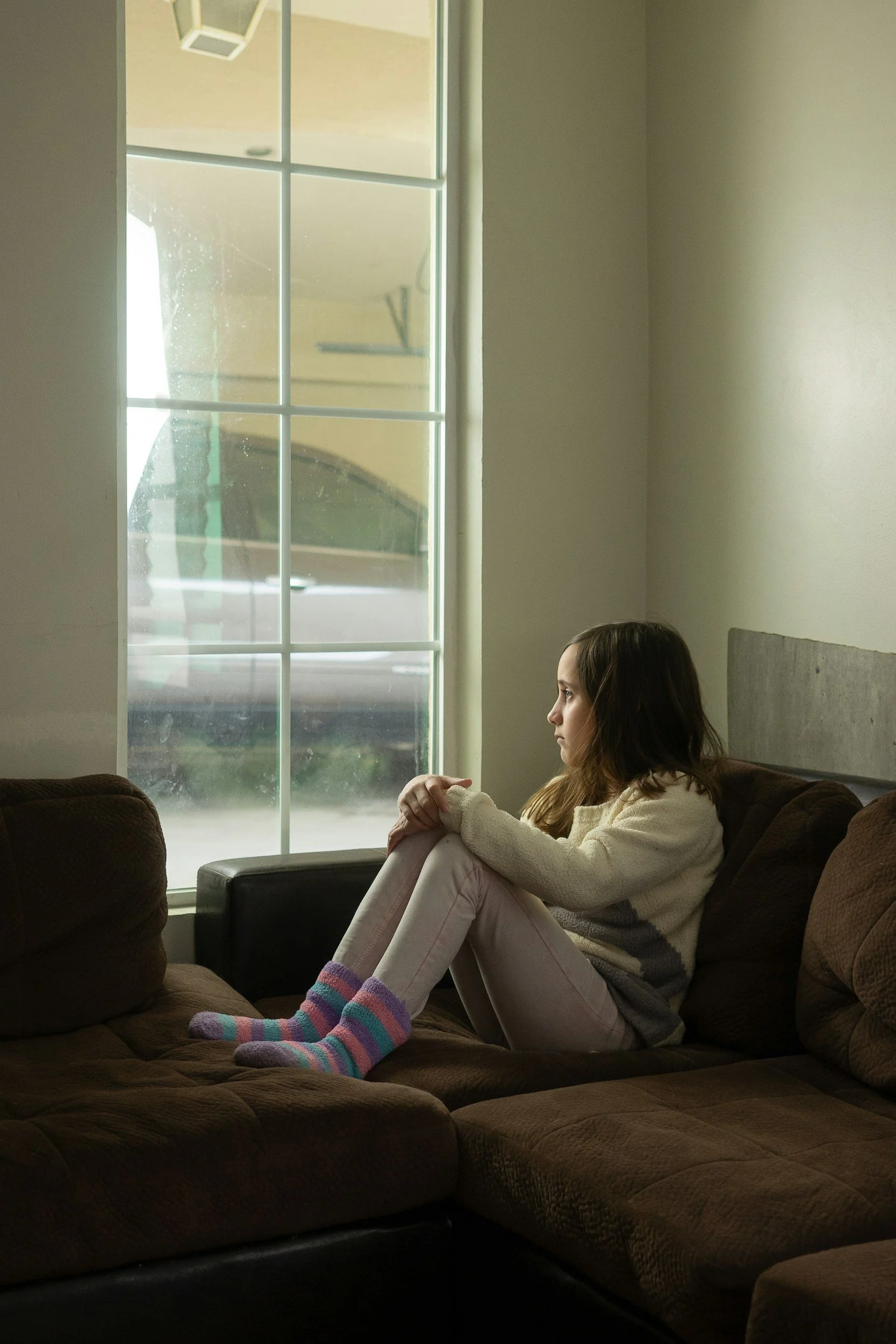The Alarming Truth About Mental Health in Young Generations
Mental health issues among younger generations, especially Generation Z and Generation Alpha, are hitting alarming levels. The challenges they face today are serious, and many of them are sharing their struggles online. This post takes a look at some of the real experiences and complaints from young people about their mental health, highlighting the issues they deal with in today’s fast-paced world.
Social media amplifies these feelings, creating a culture of comparison that can be detrimental to self-esteem. Many report that scrolling through their feeds makes them feel like everyone else is living a perfect life, while they are left struggling. The irony is that, despite being more connected than ever, many young people feel increasingly isolated and lonely. They might have hundreds of followers online but often find themselves feeling more alone than ever before, underscoring the superficial nature of many online connections.
Real Voices, Real Struggles
Platforms like Reddit, Tumblr, and Twitter are filled with young people expressing their thoughts about mental health. Here are some common themes and specific complaints:
Social Media Stress
The impact of social media is a huge topic for young people. A Tumblr post said, “Scrolling through Instagram makes me feel like everyone else is living their best life while I’m just… here. It’s hard not to compare myself to others.” This constant comparison can worsen feelings of loneliness and sadness, especially if they don’t have strong support offline.
Isolation and Loneliness
Despite being connected online, many still report feeling isolated. One user shared, “I’m surrounded by people, but I still feel so alone. It’s hard to make real connections when everyone is glued to their phones.” This contradiction can leave many feeling empty and disconnected from real relationships.
The Burden of Global Issues
Young people are also worried about global issues like climate change and political turmoil. A Gen Z user mentioned, “Sometimes, it feels like the world is falling apart, and I can’t do anything about it. It’s really stressful to think about what’s next.” This sense of helplessness can lead to ongoing anxiety.
Identity Struggles
Many are figuring out complex issues around identity, including gender and sexuality. One young person said, “I’m trying to figure out who I am, but it feels like everyone has an opinion about it. It’s exhausting.” These struggles can cause significant emotional pain, especially when they feel misunderstood.
The Consequences of Ignoring Mental Health
Ignoring these mental health challenges can have serious consequences. Untreated issues can lead to depression, anxiety, and even thoughts of suicide. One young person expressed it well: “I’ve thought about giving up because it feels like no one understands what I’m going through. It’s like I’m screaming, but no one can hear me.”
The Need for Open Conversations
To tackle these mental health problems, we need to create spaces for open conversations. Parents, teachers, and friends should encourage young people to share their feelings. Online platforms can help connect individuals, but they should also highlight the importance of professional help and healthy coping strategies.
Encouraging Healthy Coping Methods
Helping young people find effective ways to cope is essential. Many share tips in forums that work for them:
Mindfulness and Meditation: Apps that promote mindfulness can help reduce anxiety and increase self-awareness.
Exercise: Regular physical activity is frequently mentioned as a way to improve mood and fight feelings of sadness.
Creative Outlets: Many find art, writing, or music to be great ways to express themselves and relieve stress.
Conclusion
The alarming truth about mental health in young generations reveals serious struggles that need our attention. By listening to the voices of Generation Z and Generation Alpha, we can better understand their experiences and push for solutions. It’s crucial to prioritize mental health support and create an environment where young people feel comfortable seeking help and sharing their stories.
Call to Action
If you or someone you know is dealing with mental health issues, don’t hesitate to reach out for help. You’re not alone, and there are resources available to support you through tough times.


